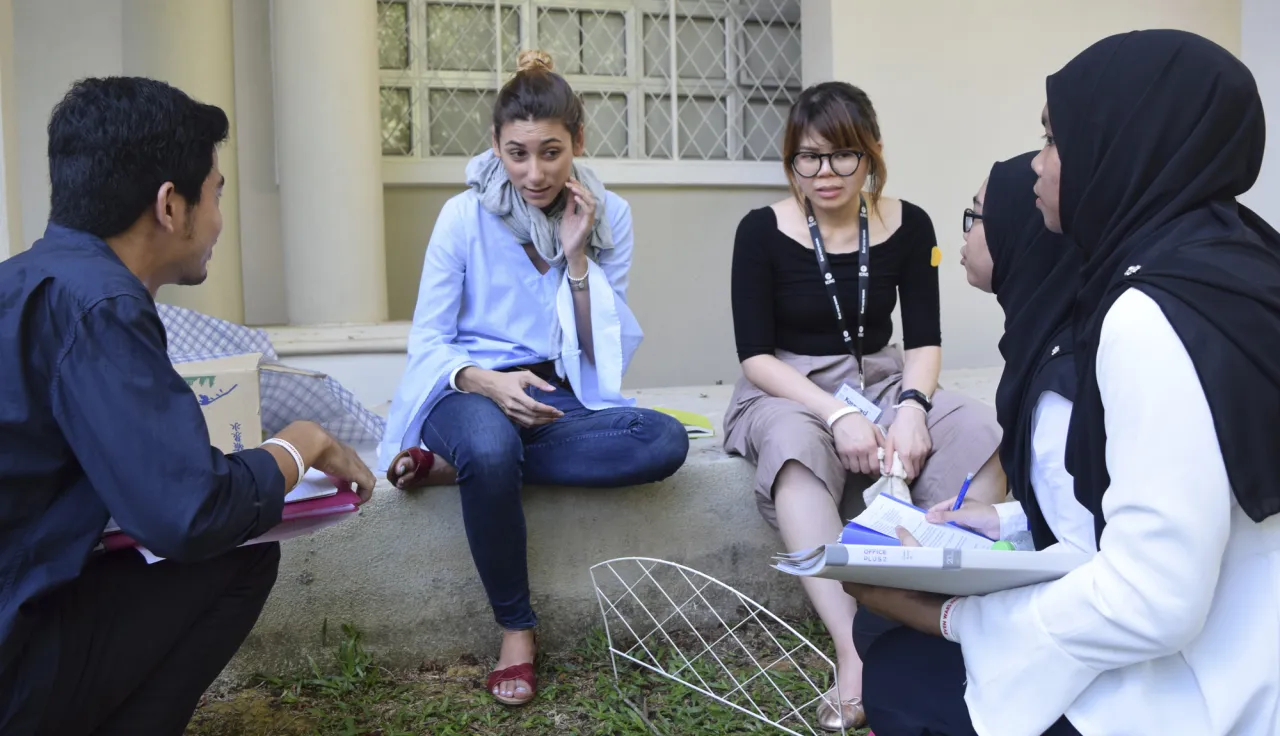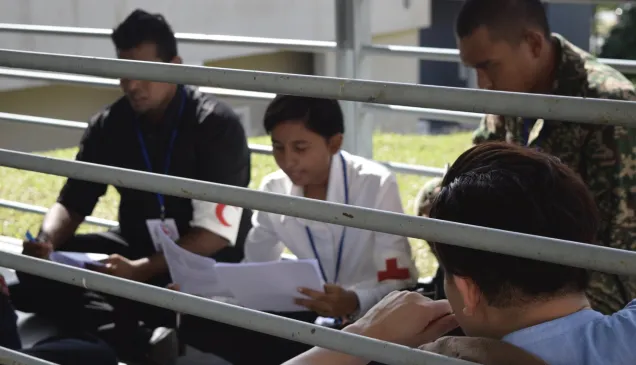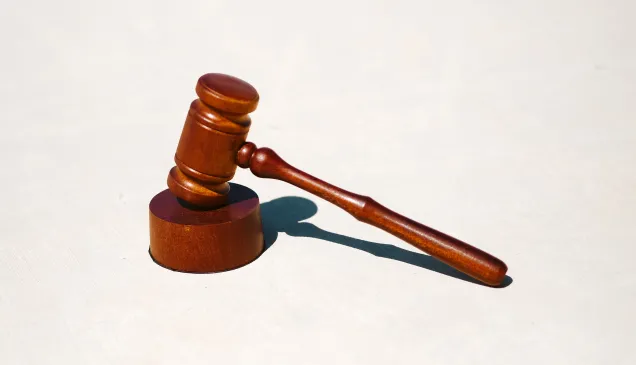Malaysia: Students test their IHL knowledge in role play competition

The IHL Role Play Competition 2016 will be hosted by the ICRC and the National University of Malaysia (UKM) from the 9th to the 11th of November. In its second year, the Competition has drawn 14 teams from 9 different public and private universities around Malaysia. In this miniature version of the international Jean Pictet competition, students will battle it out in seven rounds of role plays which will test their IHL knowledge and more importantly, how to apply IHL practically. The competition returns to UKM this year and Kelisiana Thynne, Regional Legal Advisor looks ahead.
Why did you embark on the 2015 Competition? Did it meet its aims and expectations?
We embarked on the 2015 Competition because we wanted to take IHL out of the classroom and indeed the court room and let students see that IHL is really practical, is developed, promoted and used by many governments, militaries, humanitarian organisations and so on to protect and assist people in times of armed conflict and to reduce human suffering.
What surprised you the most about the Competition last year?
We had six teams last year and it was amazing to see how after one day these students, who were all used to mooting in a court room could become government negotiators or ICRC reps. They had all come prepared as if it was an ICC competition, needing exact legal answers and they quickly learned that IHL is not just for lawyers, but can and should be applied by everyone in an armed conflict.
Why did the ICRC decide to host the Competition again this year?
Everyone had a lot of fun last year and it was all so new. We found that students had this sudden realisation that there were actual jobs that they could do to help people that required some of their IHL knowledge, but also their humanitarian compassion or their negotiation skills. We wanted to hold it again so that more students could participate. This year we hope to have a different and more varied range of scenarios so that even students who return to the competition are challenged.
What’s different about this year’s Competition?
This year we have two outdoor activities - one where the students will have to clear a (pretend) land mine field and one where they will do a practical needs assessment during a conflict. Both will challenge students to look at IHL as having a useful and immediate effect to protect people, rather than as something you just read about in a text book or court judgment.
Do you have any advice for this year’s participants?
Have fun, don't get tied down to the exact article in the exact treaty, but think more about what is IHL there for, how can it be used to help people in times of armed conflict.



